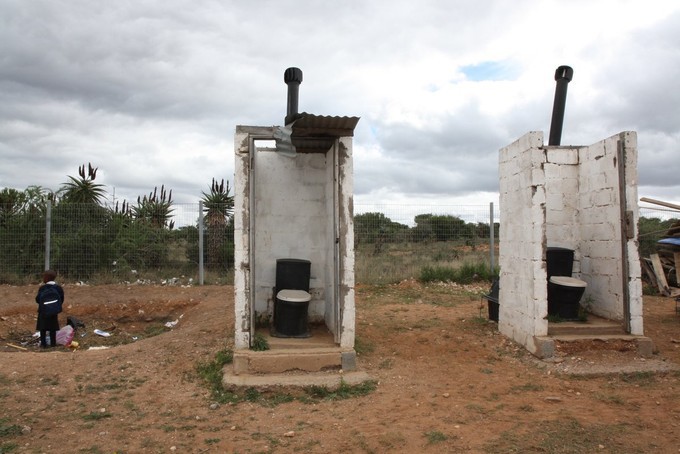Education department’s “accelerated” school infrastructure programme hardly moves
620 schools left without electricity, 270 without water, 256 without sanitation in the financial year the department planned to provide them
Not a single school has been provided with electricity through government’s Asidi programme (Accelerated Schools Infrastructure Delivery Initiative) in the previous financial year, MPs heard this week.
The Financial and Fiscal Commission (FFC) briefed the Parliamentary Portfolio Committee on Basic Education after it expressed concern over the Department of Basic Education’s (DBE) poor performance in achieving targets for the Asidi.
The DBE introduced Asidi in 2011 to address poor school infrastructure and to prioritise schools with no infrastructure or basic services.
Representatives of the Commission told MPs that they are concerned over the poor achievement of performance targets in the programme that ranged from 0% to 27%.
The DBE’s figures show it planned to provide electricity to 620 schools in the last financial year (2016/17), yet none of these plans were realised.
Despite the 306 schools the department did manage to provide with electricity between 2011 and the 2015/16 financial year, it still recorded a backlog of 841 schools
The picture does not improve much with basic services of sanitation and water. Of the 280 schools it planned to provide with water under Asidi it only managed to provide the service to ten. Of the 265 schools that were planned to receive sanitation services, only nine did. The DBE also planned to build 59 new schools as part of Asidi, but only managed to build 16 in the past financial year.
Adding to its concern, the FFC noted the “imbalance between the targets achieved (0%-27%) and the budget spent (60%)”. “Government is therefore not getting value for money from the resources spent on the Asidi programme,” the FFC warned.
Acting chief director for infrastructure in the DBE, Solly Mafoko, laid some of the blame at Eskom’s door. “The 0% [for electrification] is because Eskom submitted the certificates of completion after the end of the financial year. So, the number [of schools] that was done in 2016 could not be put in the annual report. We will account for that in this financial year. We can only report on a project that is completed and once we get a completion certificate from the implementing agents,” Mafoko told GroundUp.
According to him the projects were completed but the sign off was not yet done. Mafoko however said there will not be 620 schools with electricity as per the original target. “It will be less because when we go to some of the schools we find they already have electricity they secured through other means like donor funding.”
DA MP Ian Ollis labelled the explanation as a “smokescreen to cover the department’s shame”. Ollis told GroundUp the Auditor-general, FFC and the department in all their reports to the committee state that no schools were electrified (through Asidi) and very few had water and sanitation installations. “I have to believe them. They admitted failure and neither of the three reported a delay in Eskom signing off electrification certificates.”
Ollis referred to the DBE’s first quarterly report for the current financial year which also shows nothing much has happened. “So even blaming Eskom for last year, does not help. This year it is the same.”
The DBE in September presented its first quarterly performance report on strategic objectives for the current financial year. The figures show little progress in this financial year too. By the first quarter, not one school was provided with sanitation or electricity and only one school was provided with water.
Support independent journalism
Donate using Payfast

Don't miss out on the latest news
We respect your privacy, and promise we won't spam you.
Next: Learners protest for transport grant
Previous: Only one third of SASSA disputed deductions resolved
© 2017 GroundUp. 
This article is licensed under a Creative Commons Attribution-NoDerivatives 4.0 International License.
You may republish this article, so long as you credit the authors and GroundUp, and do not change the text. Please include a link back to the original article.

